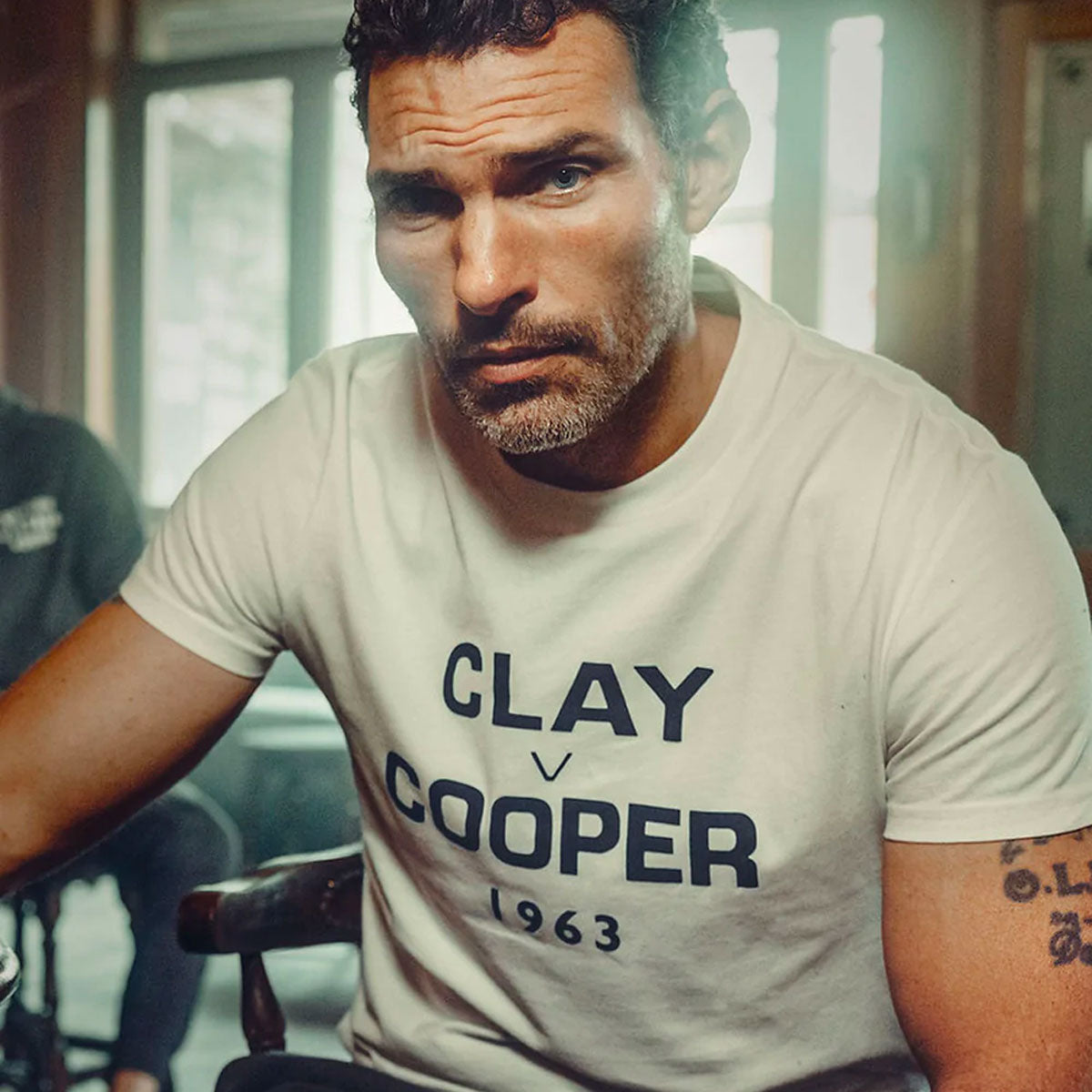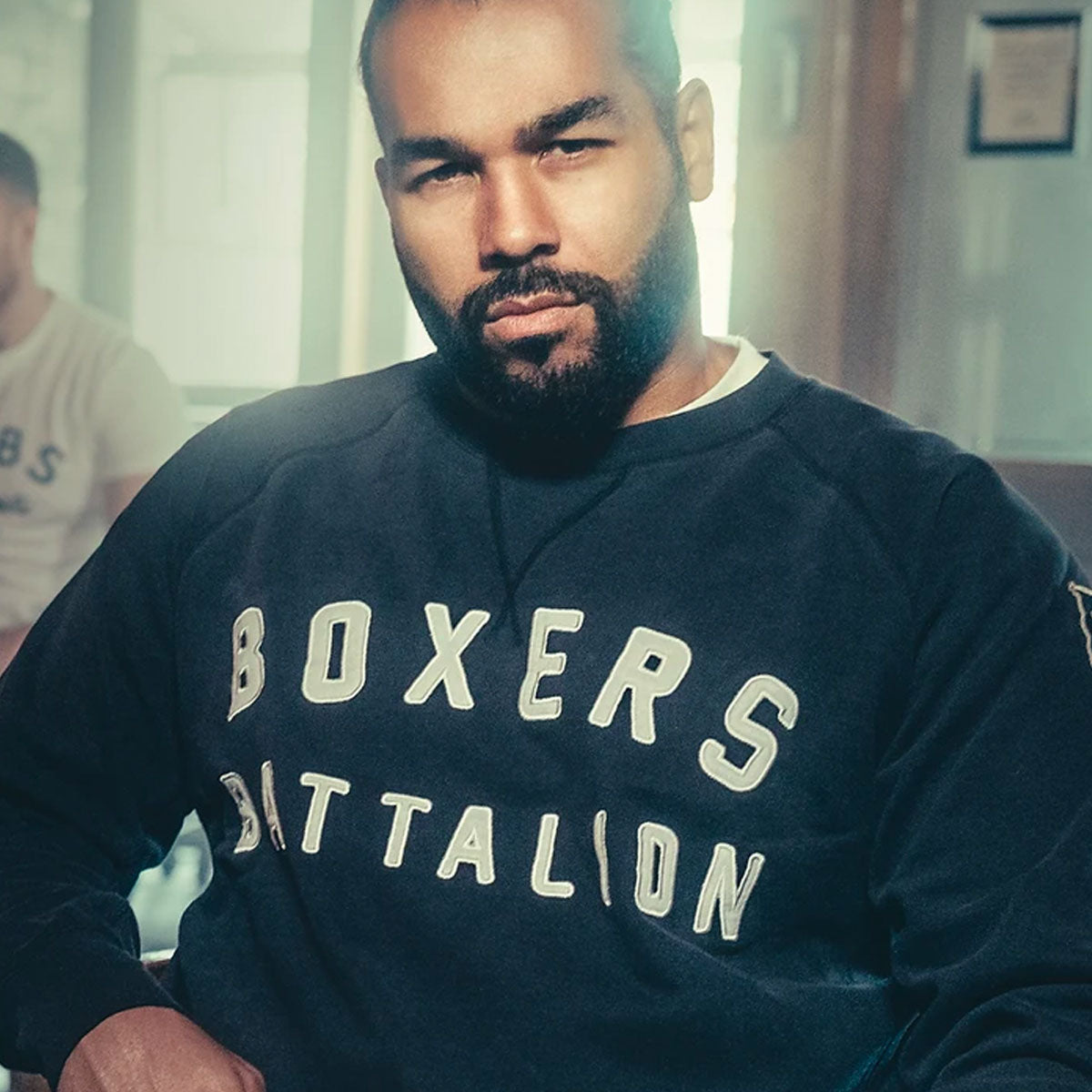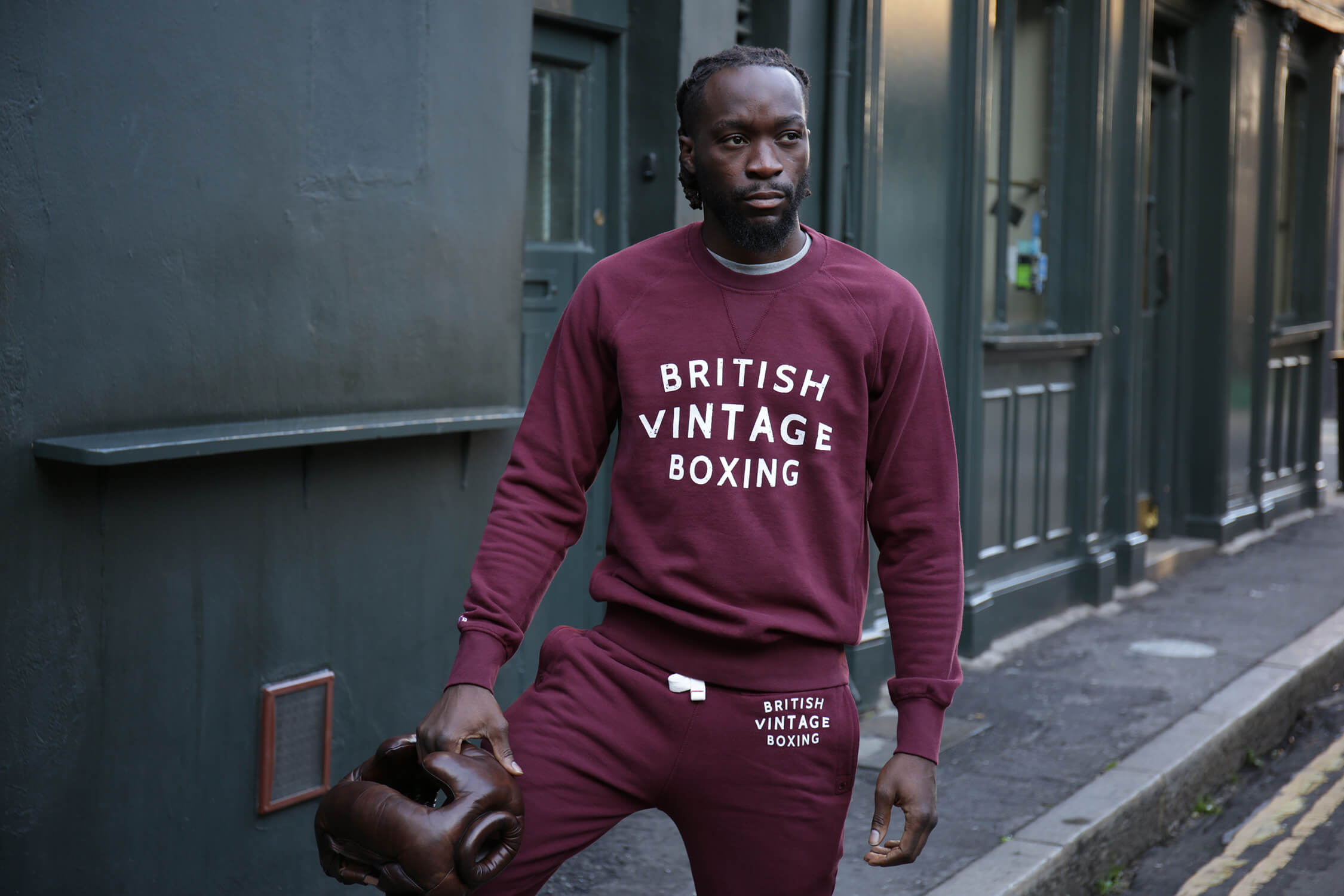Trying to write about Richard (Dick) McTaggart in one article is like trying to fit a pint into a shot glass. Born on 15 October 1935 in Dundee, Scotland and raised in post-war austerity, McTaggart is rated by many as Britain’s finest ever amateur boxer – and here’s why.
He fought 634 times, winning 610 contests, which consequently filled his silverware cabinet with 32 cups, 57 plaques and 49 medals. The accolades amongst this plethora of glory includes, Imperial Services champion 1954, 1955, 1956, 1958, Allied Forces champion 1956, Brittania Shield winner, 1954, 1957, RAF champion 1954 – 1958, Duke of Hamilton plaque 1962, Northern Counties champion 1963, ABA champion 1956, 1958, 1961, 1963, 1965 (moving through featherweight, lightweight and light welterweight), Scottish champion 1957 – 1960, 1962, 1964, 1965, Olympic gold at the Olympics in Melbourne, British Empire champion 1958, bronze at the 1960 Olympics in Rome, European champion 1961.





